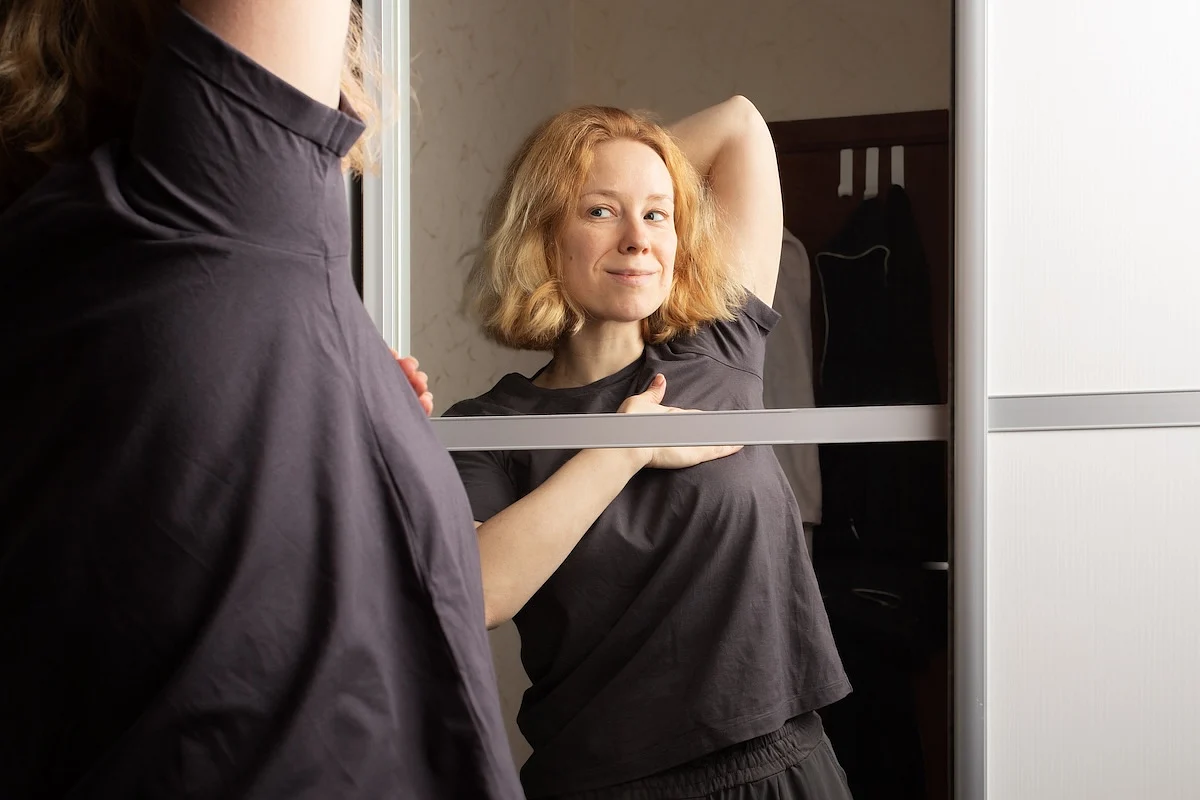FDA Approves At-Home Cervical Cancer Test for Women Ages 25 to 65
By I. Edwards HealthDay Reporter
MONDAY, May 12, 2025 — Women now have a new way to check their risk for cervical cancer — from the comfort of their own home.
The U.S. Food and Drug Administration (FDA) has approved the Teal Wand, an at-home test that screens for human papillomavirus (HPV), the virus that causes nearly all cervical cancers, CBS News reported May 9.
The test is made by Teal Health and is meant for women between the ages of 25 and 65 with an average risk for cervical cancer.
Teal Health says its test is just as accurate as a regular Pap smear done in a doctor’s office. The company ran a study showing that self-collected samples at home worked just as well as those collected by a health care provider.
Many women find in-office cervical cancer screenings uncomfortable. The standard method involves inserting a speculum to help collect a sample from the cervix. That, CBS News reported, can make some patients avoid getting tested altogether.
In Teal Health’s study, 86% of participants said they’d be more likely to stay up to date with screening if they could do it at home. About 94% said they would choose self-collection if they knew it was just as accurate.
Kara Egan, CEO and co-founder of Teal Health, said the goal is to make care easier.
"That's why this FDA approval means so much; it's not just about an innovative new product, it's about finally giving women an option that actually makes sense for their lives — something that can be done quickly and comfortably at home," she said in a news release.
The Teal Wand had already been approved for doctors' use. Now, with the at-home green light, the company will begin shipping kits in June, starting in California and expanding across the U.S.
Teal Health says it is working with major insurance providers to offer flexible payment options, too.
Getting vaccinated against HPV during adolescence is another key way to reduce the risk of cervical cancer.
Sources
- CBS News, May 9, 2025
Disclaimer: Statistical data in medical articles provide general trends and do not pertain to individuals. Individual factors can vary greatly. Always seek personalized medical advice for individual healthcare decisions.
© 2025 HealthDay. All rights reserved.
Posted May 2025
Read this next
Chatbots Give Users 'Inconsistent' Info on Suicide, Study Finds
WEDNESDAY, Sept. 3, 2025 — Many people with suicidal thoughts are turning to artificial intelligence (AI) chatbots for comfort and advice, and these programs might not be...
Jim O’Neill Steps in as Acting CDC Chief Amid Firing, Resignations
TUESDAY, Sept. 2, 2025 — The U.S. Centers for Disease Control and Prevention (CDC) is entering a transition period as Jim O’Neill, deputy secretary at the Department...
'Reborn Again': Blind Bride-To-Be Thriving After Triple-Organ Transplant
TUESDAY, Sept. 2, 2025 — Stricken with cancer in infancy, Jessica Lopez endured tumor-fighting treatments that saved her young life but also left her with lasting heart...
More news resources
- FDA Medwatch Drug Alerts
- Daily MedNews
- News for Health Professionals
- New Drug Approvals
- New Drug Applications
- Drug Shortages
- Clinical Trial Results
- Generic Drug Approvals
Subscribe to our newsletter
Whatever your topic of interest, subscribe to our newsletters to get the best of Drugs.com in your inbox.

